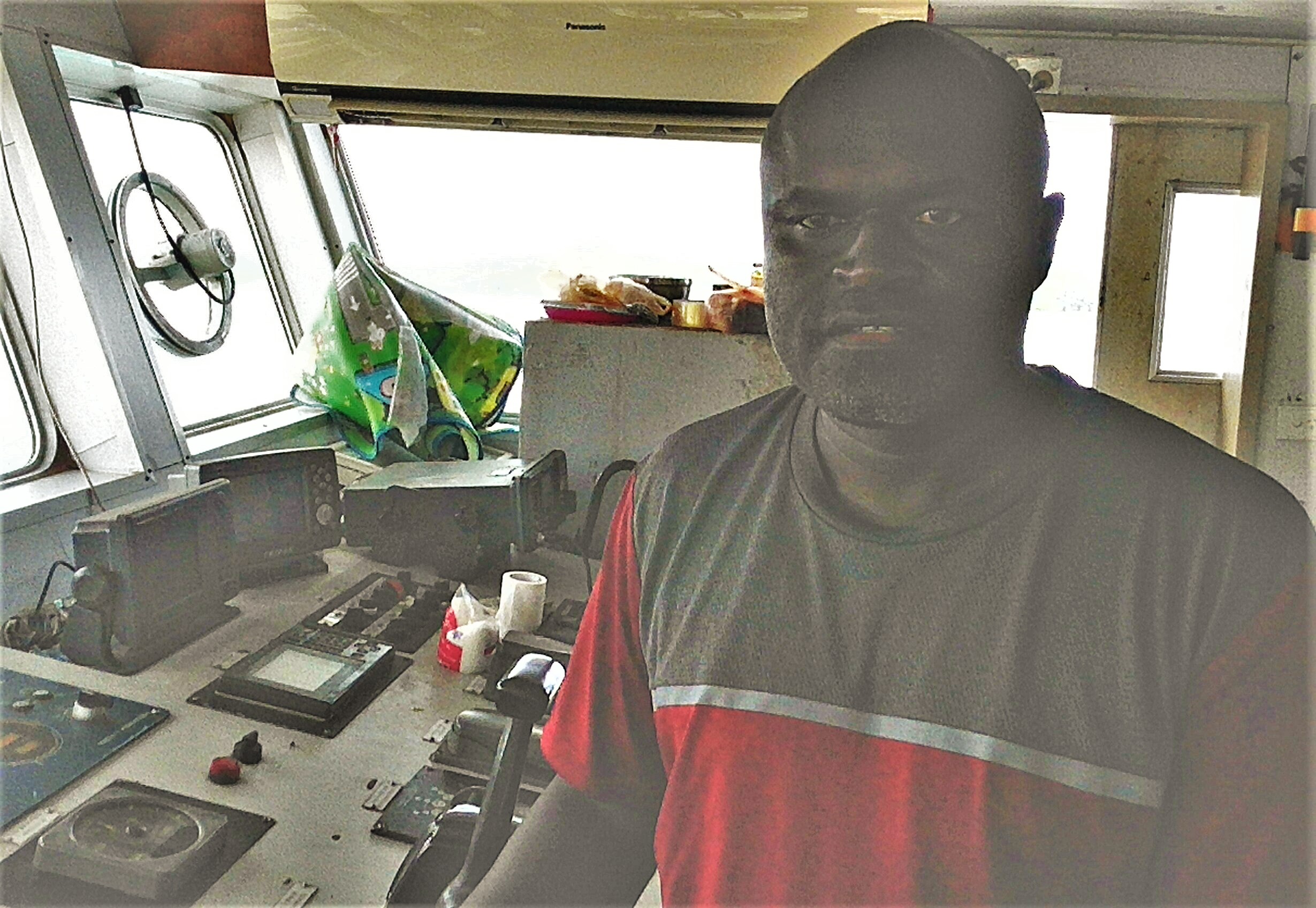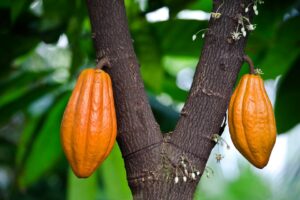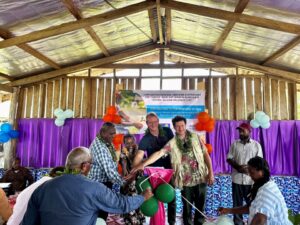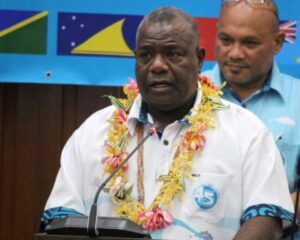BY KHAMA LINCOLN
Isles Media Freelance Reporter In Gizo
“THERE are two things that I saw strange in the ocean. When we were between Temotu and Makira we met a Tornado, sucking the water about 10 meters away.” Captain Nigel Pitisopa recalled.
“I quickly turned the Tugboat towing a barge to miss the Tornado, with logging workers in the barge, if not we would be hit,” He said, so we moved on safely.”
“The other one was at Iron Bottom Sound when we left Honiara for Isabel at night.” I saw warships, about 100 of them floating at the front with very bright lights,” He continued, “there was light at the top and underwater.
“I checked the radar but there were no ships at the front. When we moved closer, they spread out and we lost sight of them as we sailed further,” The Captain recalled.
Captain Pitisopa from Sasamuga Choiseul Province, serves as Captain in various vessels for 20 years.
He started his career as a Seafarer in 1997 as a young crew.
Two events he mentioned above, are the strangest occurrences that he came across at sea as a captain.
He said, his dad and other elderly relatives are also seafarers, and that has inspired him to continue with the legacy. Pitisopa now captained the Cargo vessel, MV Power 88, serving in the Western Solomons.
He also mentioned challenges seafarers are usually facing every day while working and travelling between the Islands.
He said weather issues are normal challenges at sea. Another one is emotional and psychological challenges due to isolation from family and home.
“When we go out, maybe family have needs to attend to, and also we often missed our children. He pointed out, “but now with the availability of mobile phones, it is a little bit okay we can communicate with our families.
“In the past, we only use HF radio or wireless radio which affects our privacy, when people want to send private messages.”
Apart from the usual job of navigating a ship, the role of a captain is to ensure the safety of cargoes, passengers, crew, and the vessel. A Captain often communicates with his company and Solomon Islands Maritime Authority (SIMA).
Shipping companies must work closely with SIMA, as the main body that looks after Shipping Industry in the country.
He said, SIMA has detained ships many times because they failed to meet requirements, one of which is overloading. So SIMA stops a ship from operation until it meets the recommended requirements.
“My role as a captain is to liaise with SIMA in order to be able to short out issues concerning my ship,” He said.
“Now SIMA has stepped up with its regulations and requirements.”
Another important requirement is manning team list of qualified seafarers.
“I make my list and attached it with their qualifications and present it to SIMA for approval.
However, he said, marine vessels already have SIMA’s certified manning lists that they are required to observe and maintain. And that approval for operation “also depends on the accommodation, life rafts and gross tonnage,” which varies from vessel to vessel.
“Plus, the waters a ship can operate in, which means if it goes further, it will need three or more captains with higher qualifications,” He explained.
Pitisopa also shared an account in the year 2000, while he captained the Malian 6, a tugboat transporting logging shipment from Aola, East Guadalcanal to Honiara.
“During the Ethnic Tension, I usually went up to Aola,” he recalled, and we met militants at Gunpoint. However, earlier, we have brought Tasiu’s (local friars) to be present with us in the ship so that Militants would see us, as a neutral Ship.
“Militants entered our ship and took whatever they want, they took our clothes, our food ration, and also the ship’s radar,” He revealed.
“What are they going to do with a Ship’s radar? The Captain chuckled.”
In spite of that, Pitisopa said with the help of the Tasius and community Elders they recovered their properties.
Concerning challenges usually posed by the weather at sea, he mentioned the “Bougainville Strait” an area between the Shortland Islands and Taro, Choiseul, as well as Temotu in the east as the most challenging places to travel.
“There’s a place in Shortland where the current is like a river, like live water flowing even when other places are fine. We always check the weather forecast first, but when we meet rough seas, we put a trusted man on the Wheeler, while we captains watch the situation,” He said.
“Sometimes we just avoid that and turn sideways to find a place to rest or we find a way to maneuver and slowly travel on.”
“The challenge in Temotu is the bigger swells which occurs in long distances, so what we usually do is we just adjust our course and look out for the waves, swells, and wind, and easily sail on,” He explained.
“My encouragement to the boys is, when working with foreigners we have to listen and be patient, one day you will become Supervisors or Captains,” Captain Pitisopa advised, “and also think of going back to school for further training.”




